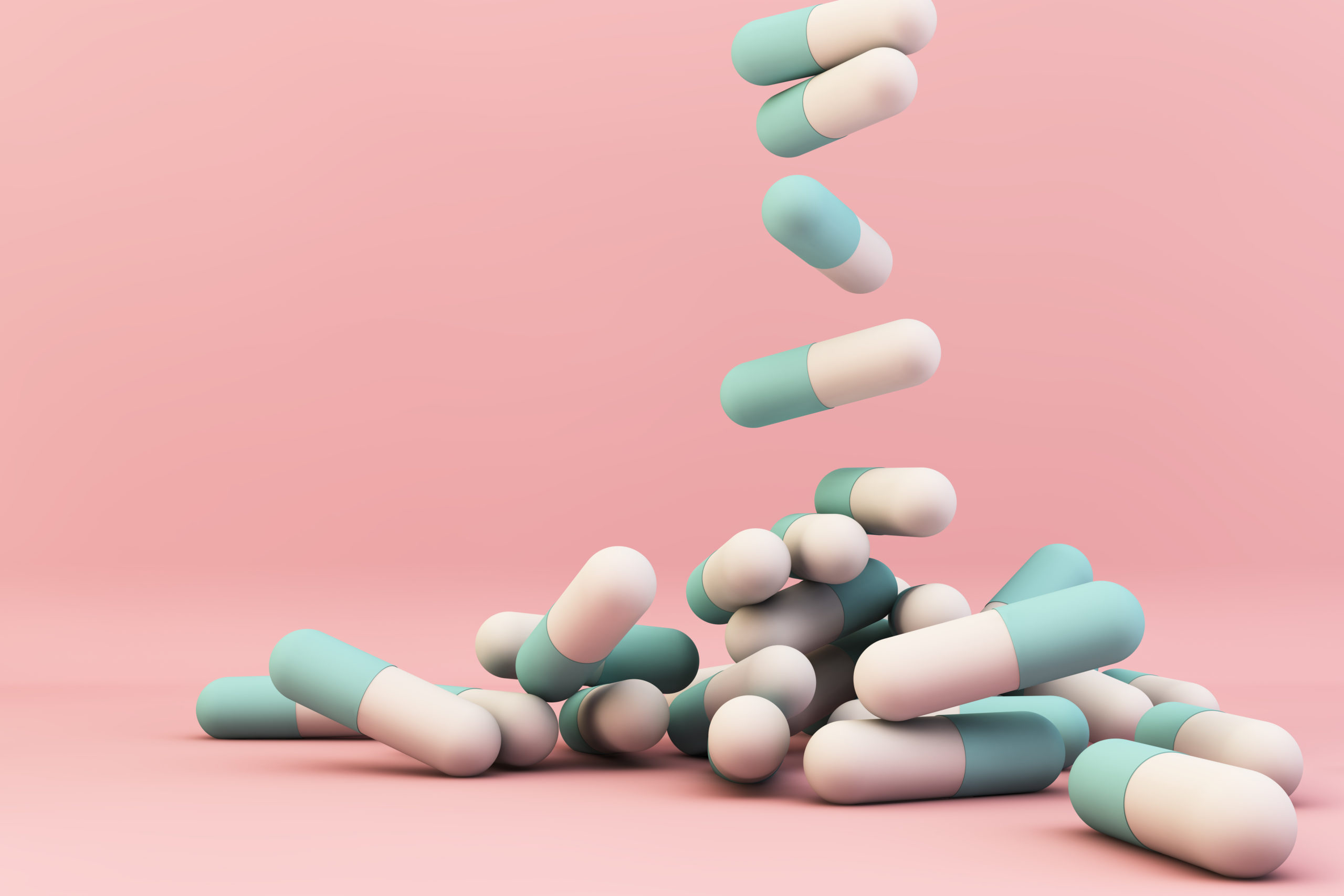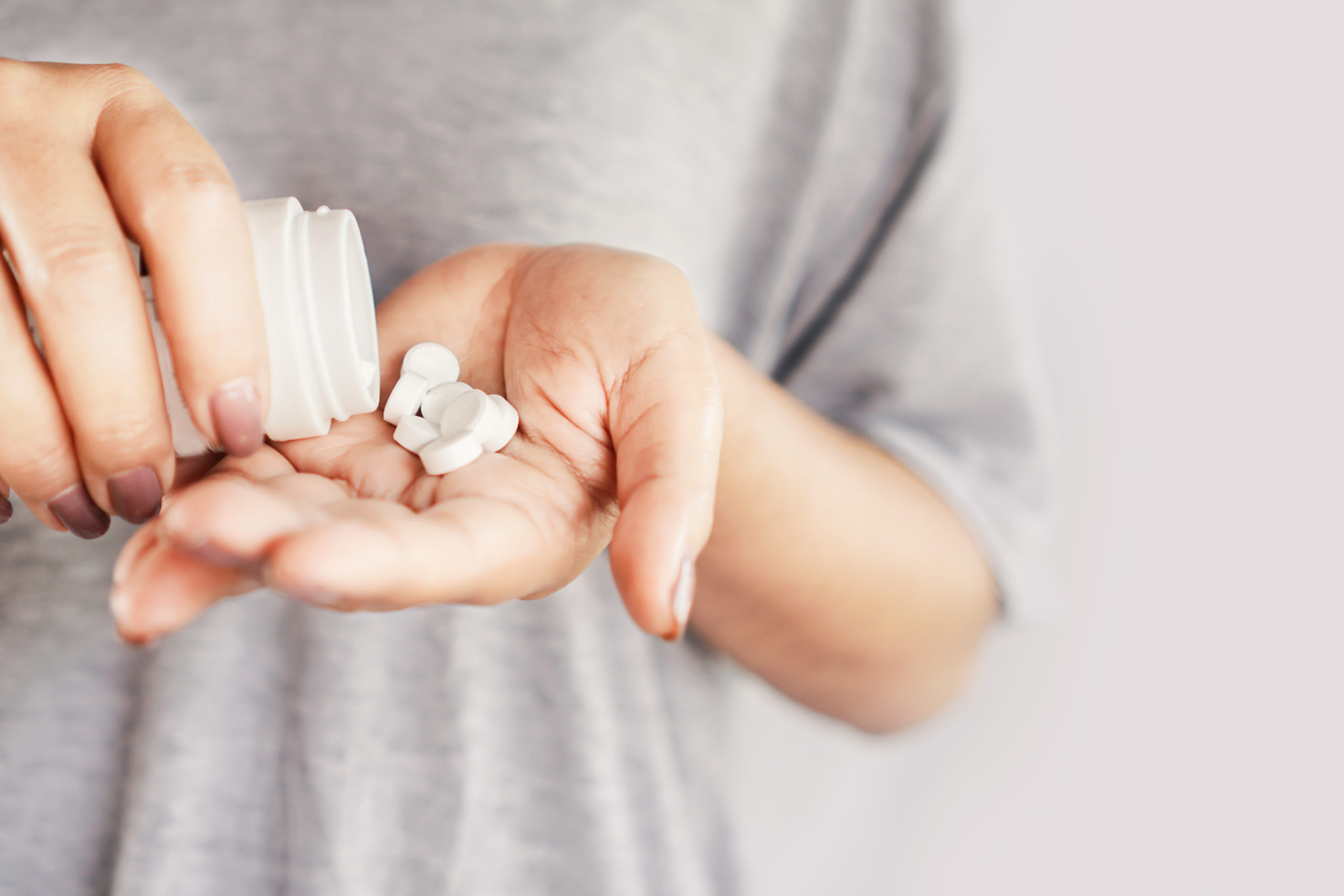Barbiturate addiction is dangerous, potentially life-threatening, and often requires professional treatment. Barbiturates are a group of depressants that are used to treat some anxiety and seizures disorders, but they are most commonly used prior to a surgical procedure as a way of sedating the patient. Even in a medical setting, however, barbiturates are no longer used as frequently, as safer and more effective medications have been developed and can be utilized for these purposes instead. Examples of barbiturates include the following:
- Luminal
- Seconal
- Butisol
- Pentothal
- Nembutol
- Amytal
- Brevital
When barbiturates are taken as prescribed, they help reduce symptoms associated with anxiety disorders and seizure disorders. However, this type of medication has a high abuse potential. Using barbiturates in any way other than prescribed is dangerous, as it often leads to tolerance, dependence, and addiction.
What Does Barbiturate Addiction Look Like?
Since barbiturates are depressants, when they are abused, they produce depressant effects such as relaxation, euphoria, and a sense of detachment from one’s surroundings. These effects are what users crave, prompting them to continue to abuse these drugs. In addition, someone who is abusing barbiturates may also display the following signs and symptoms:
- Drowsiness
- Agitation
- Irritability
- Mood swings
- Slurred speech
- Poor coordination
- Poor concentration
- Vomiting
- Headaches
The more a person abuses these drugs, the more intense these symptoms become. If the barbiturate abuse continues, users will quickly develop a tolerance, meaning that they need to use increasing amounts of the drug in order to get high. As a person’s tolerance increases, users quickly become physically dependent on the substance.
When this dependence forms, attempting to minimize and/or stop using drugs triggers the onset of withdrawal symptoms that are extremely distressing. Then, from dependence stems addiction, where there is a psychological necessity to keep using. Symptoms of barbiturate addiction include:
- Continuing to engage in barbiturate abuse despite suffering negative consequences from using them
- Using drugs in dangerous situations, such as while driving or in the company of strangers
- Engaging in risky behavior while under the influence (e.g. unprotected sex, stealing)
- Experiencing withdrawal symptoms when unable to use
- Neglecting all other responsibilities in order to focus on using
- Spending an excessive amount of time looking to obtain more drugs and get high on them
- Suffering financial problems as a result of spending money on barbiturates
- Isolating from friends, family, and loved ones
- No longer engaging in previously enjoyed activities or hobbies
- Having little to no regard with good personal hygiene habits
Addiction is a disease that causes changes in the function and structure of the brain. These changes are what make these symptoms noticeable, as the brain is no longer working in a healthy capacity. This creates serious challenges for a person when it comes to trying to stop abusing barbiturates or any other mind-altering substance. Fortunately, barbiturate addiction is treated with the help of a comprehensive drug rehab program.
Barbiturate Addiction Treatment
Barbiturate addiction treatment, as with any other type of drug rehabilitation, often occurs in three stages: detox, therapy, and aftercare.
Detox
Detoxing is the process of allowing the body to clear itself of all addictive substances. Suddenly stopping barbiturates when addicted to them produces severe withdrawal symptoms that are extremely upsetting. However, the preferred method of care for someone detoxing from barbiturates is to taper that person off of them by reducing the dosage over a period of time. This accomplished with the help of a medical professional to ensure that the taper goes smoothly. Tapering off of barbiturates prevents withdrawal symptoms from becoming overwhelming or severe, allowing for an easier detox experience. When physically stable enough, the individual will participate in therapy sessions as part of their overall care.
Therapy
Whether you are in a residential, intensive outpatient, or outpatient program, you will participate in evidence-based therapies that help address the underlying causes of addiction. No matter the program, someone who is looking to recover from barbiturate addiction should participate in an individualized care plan designed to meet their specific needs. Those who are recovering will benefit from the following therapies:
- Individual therapy – Individual therapy is conducted in a one-on-one setting with a trained mental health professional. Within these sessions, clients work to identify and address their most pressing personal issues and develop positive resolutions and coping skills.
- Group counseling – Group counseling occurs in the company of others in recovery and is led by one or more mental health professionals and/or addiction specialists. The group works as a collective to work through commonly shared issues with activities, exercises, and talking.
- Family therapy – Family therapy brings close family members into the patient’s treatment in an effort to help bring healing to everyone in the family unit. Whether done in person, over the phone, or on video chat, family therapy helps clear up resentments, build trust, improve communication, and lay a path forward in the entire family’s recovery.
- Behavioral therapy – Cognitive behavioral therapy (CBT) and dialectical behavioral therapy (DBT) are two behavioral therapies that help change the negative thought processes and subsequent behaviors of people who struggle with addiction.
- Experiential therapy – More popular today than ever before, experiential therapy gets patients involved in hands-on experiences such as equine therapy, art therapy, music therapy, ropes courses, rock climbing, etc. These therapies have proven to help patients emotionally, mentally, and spiritually as they recover.
Additional therapies include, but are not limited to, motivational interviewing, eye movement desensitization and reprocessing (EMDR), contingency management, and 12-Step programming.
Aftercare
Prior to leaving the comfort of a treatment program, patients are provided with an aftercare plan to help them avoid relapse. Aftercare plans include steps specific to the lifestyle and needs of the patient, such as attending nightly support meetings or carving out time in the morning to journal and check in with a sponsor. These plans help a person set up a regular schedule that supports their recovery. Depending on the treatment facility, a patient who has recovered from barbiturate addiction may also participate in alumni events if they are offered.
Get Treatment for Barbiturate Addiction Today
If you are addicted to barbiturates and want to stop, reach out to us right now. Trying to get clean on your own can be challenging, but you do not have to do it alone. With our help, you can get the treatment you deserve.
Call us today. Let us help you stop your barbiturate abuse and begin living a happy, healthy life.







